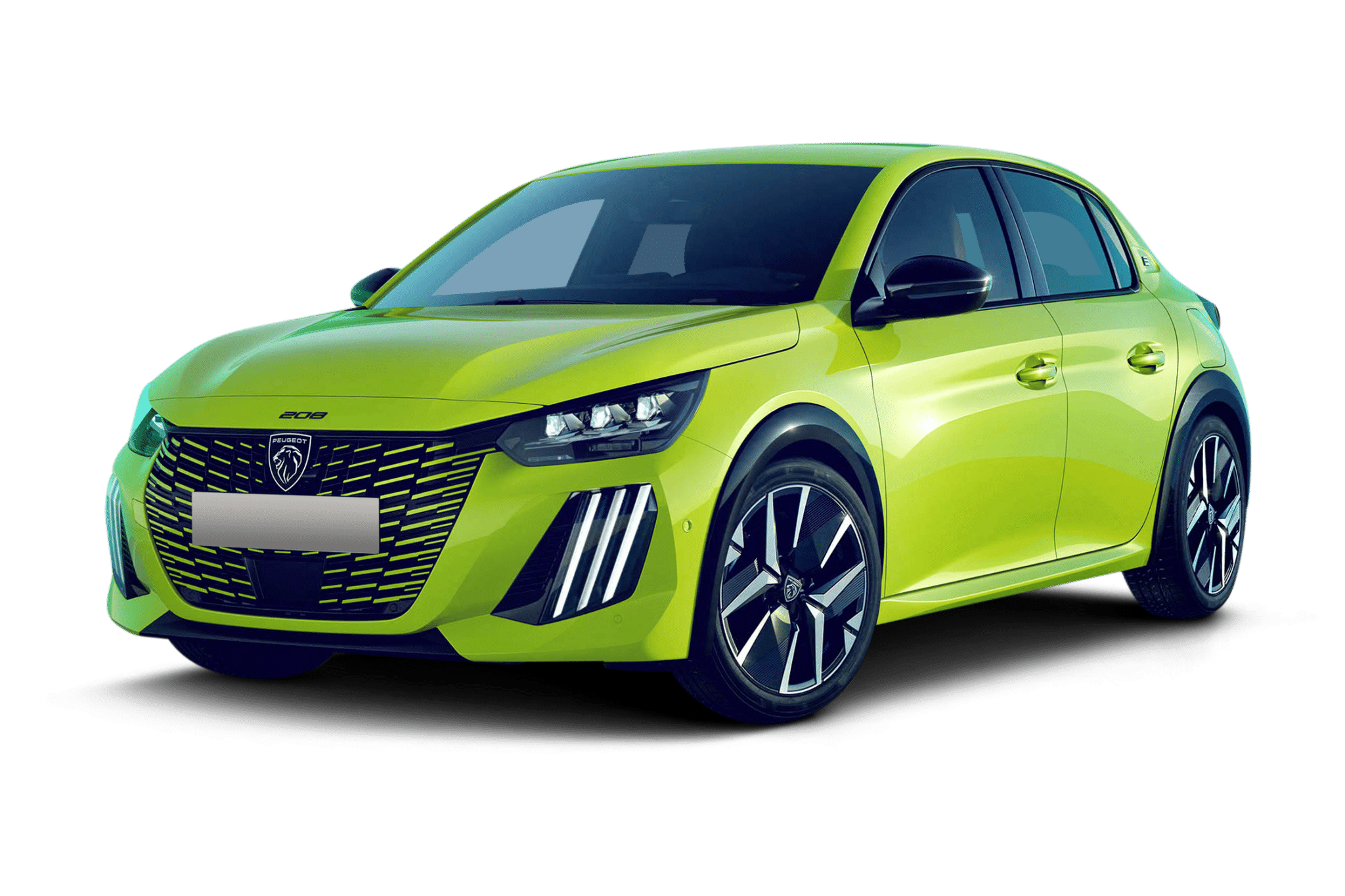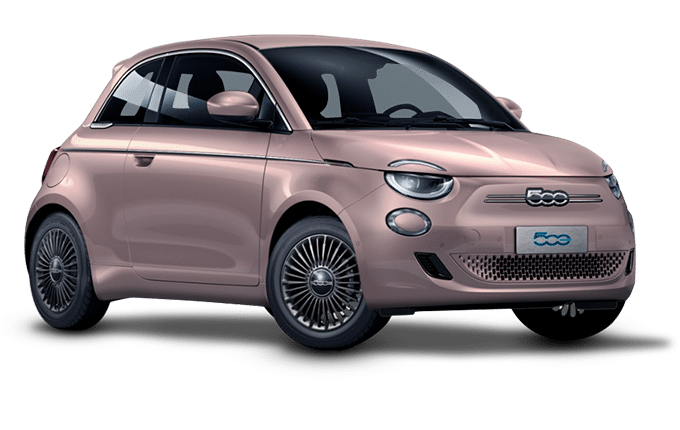Get your best offer for the Volkswagen e-Up 2.0 2
Electric city car
Ce véhicule n'est pas disponible à la vente.
Pourquoi choisir Beev pour votre nouvelle Volkswagen e-Up 2.0 2 électrique ?
- The best price on the market
-
Toutes les
marques -
Un service
premium -
Délai de livraison
réduits
Découvrez nos voitures similaires à la Volkswagen e-Up 2.0 2
À propos de la marque Volkswagen

Volkswagen ou la « voiture du peuple » est une marque qui a été créée dans le but de permettre aux Allemands moyens de pouvoir circuler en voiture.
À la fin de la Seconde Guerre mondiale, le site de production de Wolfsburg est mis sous tutelle britannique. Quelques mois plus tard, la millième Coccinelle sort de l'usine et rencontre un franc succès.
En 1949, l'usine est de nouveau sous contrôle Allemand et étoffe son offre et sa présence à l'international. Aujourd'hui, la marque allemande est devenue le 1er constructeur automobile mondial devant Toyota.






